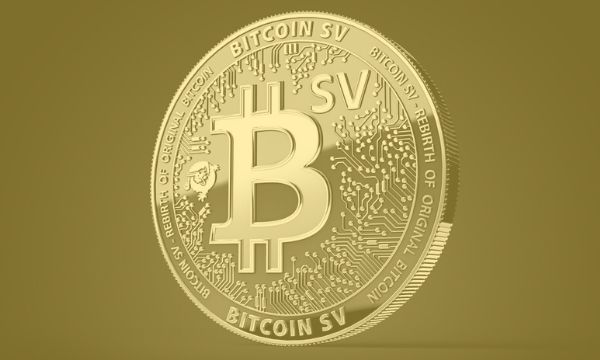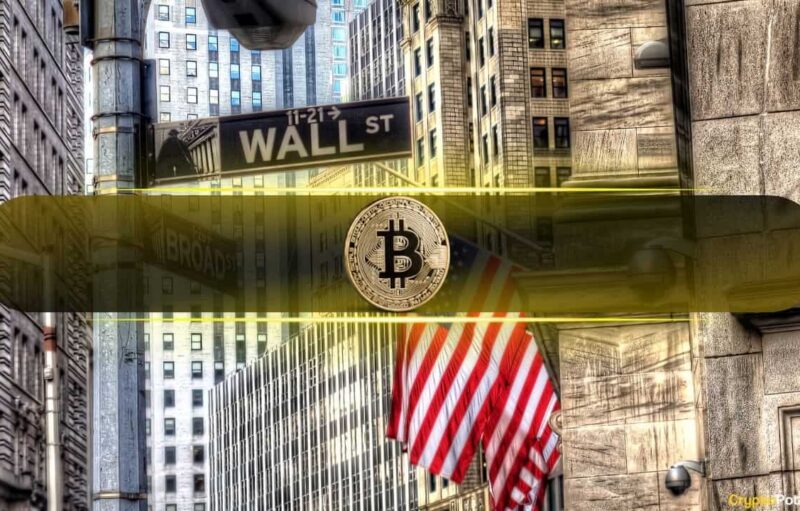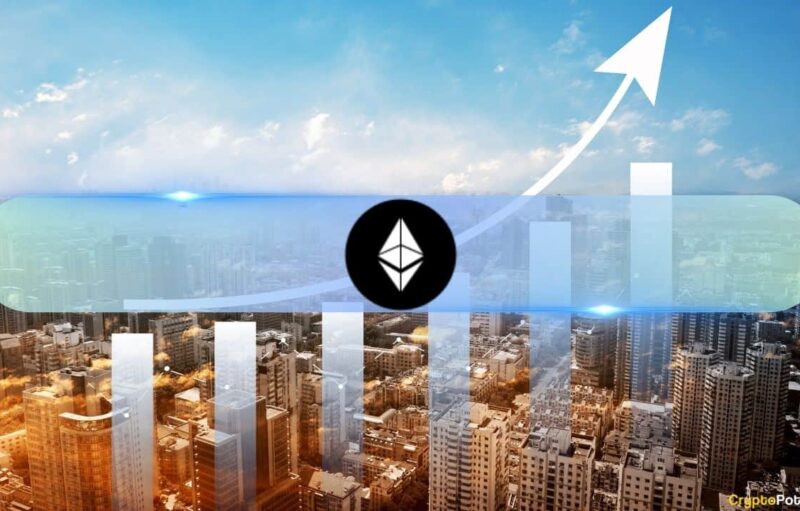

Bitcoin SV is getting bogged down after a majority hash power began mining blocks that don’t include any transactions.
In response to the event, the Bitcoin Association has contacted all relevant exchanges to freeze the block rewards associated with the attack.
Explaining the Empty Block Attack
As told by Todd Price – Curriculum Specialist for the Bitcoin Association – most Bitcoin SV blocks currently don’t include any transactions. By contrast, the network’s mempool – which stores transactions waiting to be included in a block – has become filled with millions of unprocessed transfers.
“This can cause issues for the various services in the ecosystem as they may not have allocated enough RAM for persisting a mempool of such size,” explained Price.
An empty block attack occurs when miners deliberately choose not to include transactions in the blocks they process, thus slowing down the network for users.
While any miner on any proof-of-work network can choose to do this, it won’t have a substantial impact on network performance unless a large, centralized majority of hash power colludes for the attack. It’s also economically irrational to conduct, as the miner loses out on profiting from transaction fees.
Furthermore, Price argued that mining empty blocks violates the “unilateral contract” that miners are expected to uphold with users. Part of that contract, he said, is to broadcast all transactions to all nodes.
ADVERTISEMENT
“While the contract is not defined in a single text document, there are several pieces which together can be construed as aspects of a contractual relationship,” he continued. “The white paper as the technical manifesto for the Bitcoin protocol is one such component.”
Choking off the Attack
Despite not reaping transaction fee revenues, miners are still entitled to the fixed block subsidy attached to each empty block. Even on the main Bitcoin network, block subsidies account for the vast majority of revenues that keep miners up and running.
As such, the Bitcoin association’s call for exchanges to freeze the attacker’s block rewards is meant to choke off the miners’ source of strength. In effect, this means the attacker won’t be able to cash out his earnings.
If the attacker continues, he will be forced to pay the implicit energy cost of mining, without any of its standard rewards.
Bitcoin SV has suffered 51% attacks in the past due to its relatively low security, allowing some transactions to be reversed.
The Bitcoin network – the largest proof of work chain by far – faces far less risk of an empty block attack or 51% attack due to the cost and competitiveness of its mining ecosystem.
Binance Free $100 (Exclusive): Use this link to register and receive $100 free and 10% off fees on Binance Futures first month (terms).
PrimeXBT Special Offer: Use this link to register & enter POTATO50 code to receive up to $7,000 on your deposits.
The post appeared first on CryptoPotato






